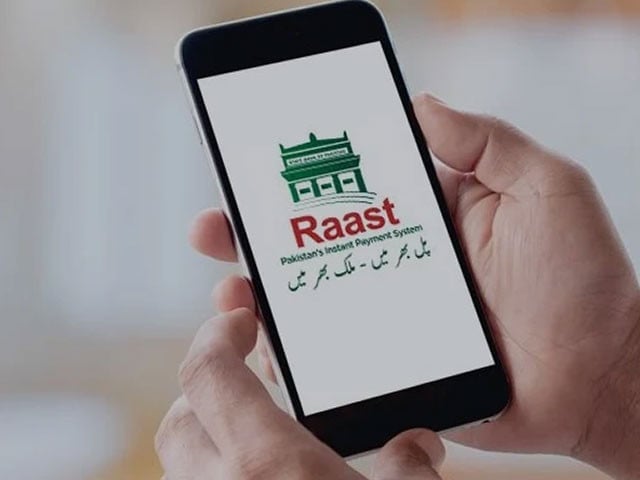The State Bank of Pakistan (SBP) has announced plans to route all government payments through Raast, the country’s instant payment system, by the end of the current fiscal year 2025-26, marking a major push to digitize financial transactions.
Deputy Governor SBP Saleem Ullah spoke at the launch of a study titled “Merchant Payments on RAAST: Responsible Pricing for Impact and Inclusion”, prepared by the United Nations-based Better Than Cash Alliance in consultation with SBP, financial service providers, and industry stakeholders.
The report highlights enablers for the responsible digitization of merchant payments and recommends a fee structure for merchants on person-to-merchant (P2M) transactions.
“Raast started with bulk payments focusing on government-to-public (G2P) transactions, and by the end of this fiscal year, all government payments will be routed through Raast,” Saleem Ullah said. The SBP has encouraged government departments to adopt digital payments, and the bulk payments facility has since enabled dividend payments and other disbursements.
To encourage merchant adoption, the government has launched a subsidy program for Raast P2M QR code transactions. The program, covering a three-year period, will provide Rs3.5 billion in subsidies for September 2025 to June 2026. Saleem Ullah emphasized that this initiative is part of a broader effort to reduce reliance on cash, accelerate digitalization, and promote inclusive economic growth.
Raast has also introduced a person-to-person (P2P) payment facility, which has seen remarkable adoption. The first trillion rupees in transactions once took 360 days to process, but today the same volume is transacted every nine days.
L Nshuti Mbabazi, Managing Director of the Better Than Cash Alliance, said Pakistan could become a cashless economy within three years, citing strong infrastructure, connectivity, and regulatory support. She stressed that policies should prioritize micro and small businesses, ensure inclusive access, and create a robust digital payments ecosystem.
The SBP’s initiative, supported by the study, aims to design merchant solutions that are affordable, scalable, and sustainable, helping the country achieve its digital financial inclusion goals and make digital payments more convenient than cash for all citizens.




